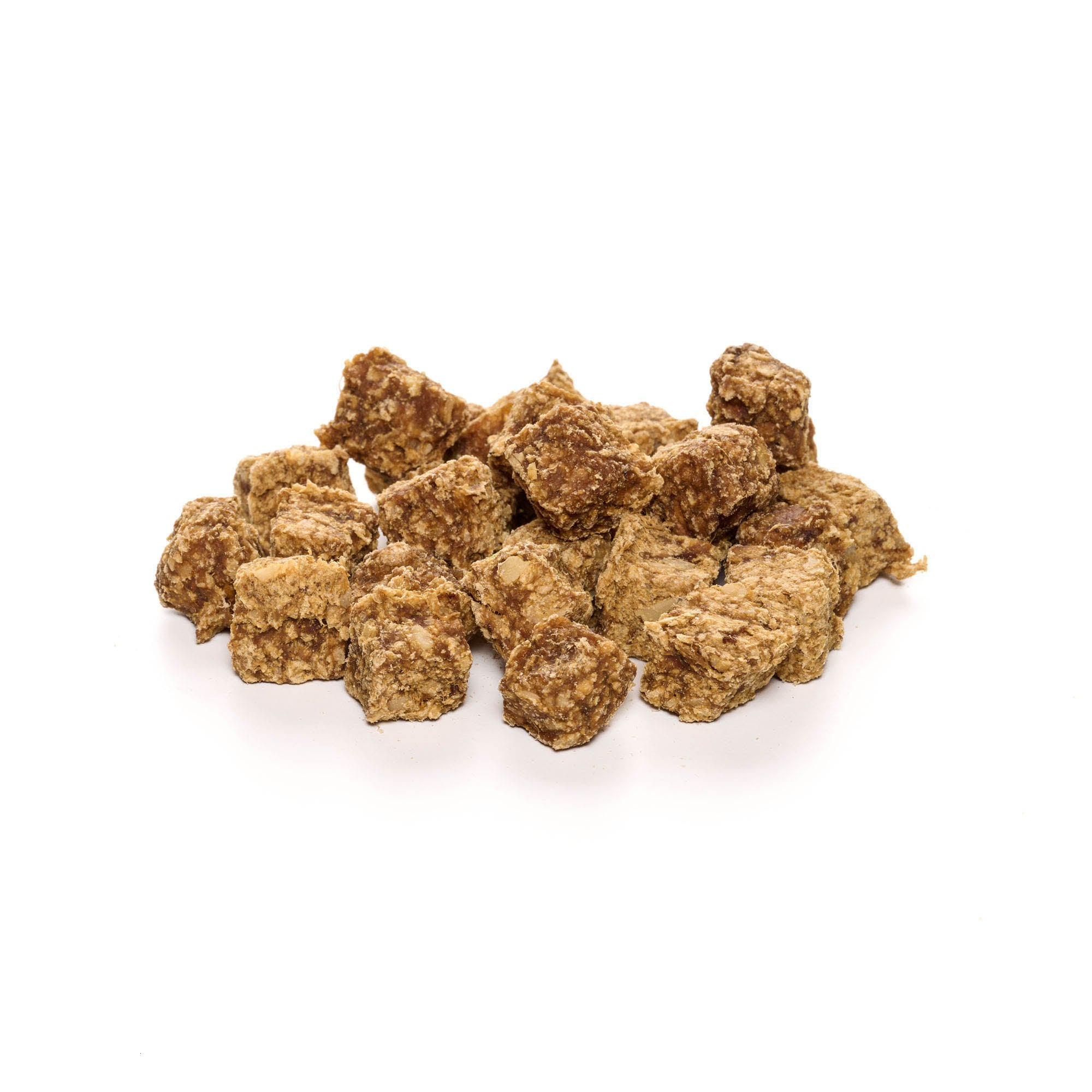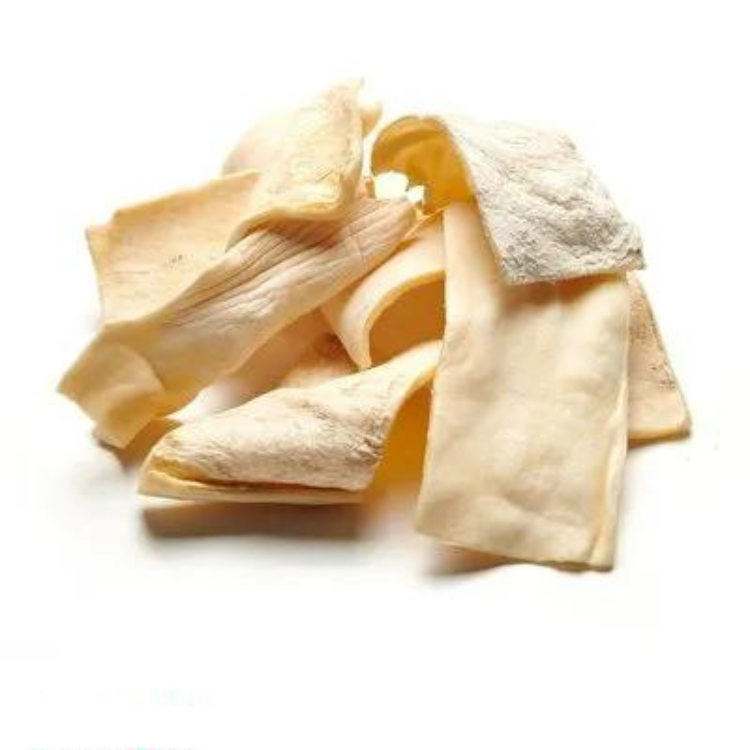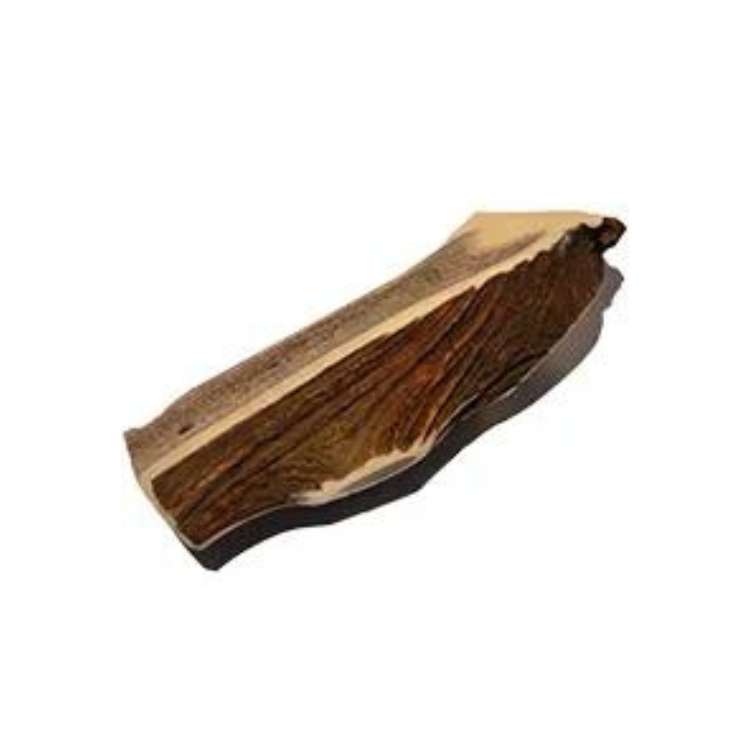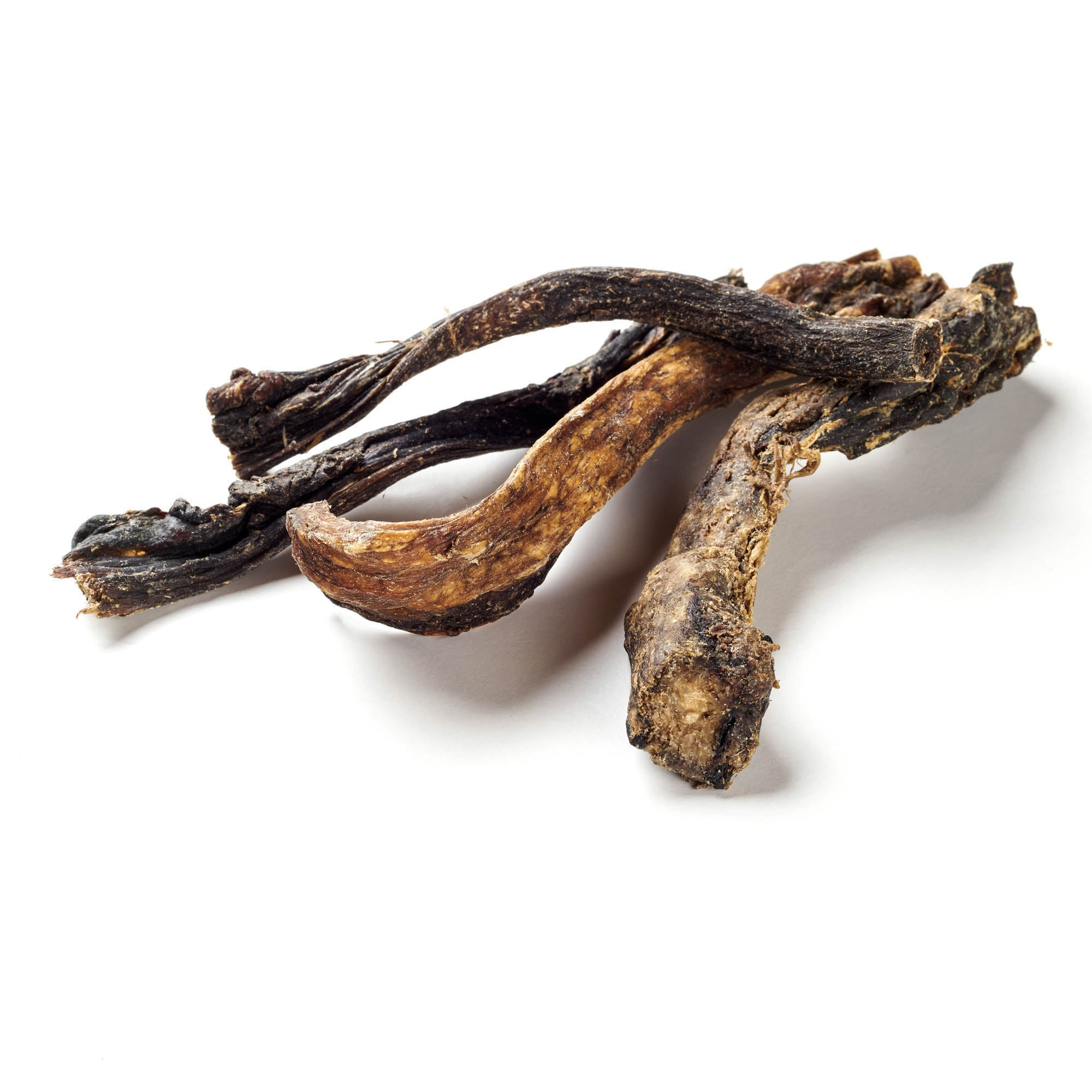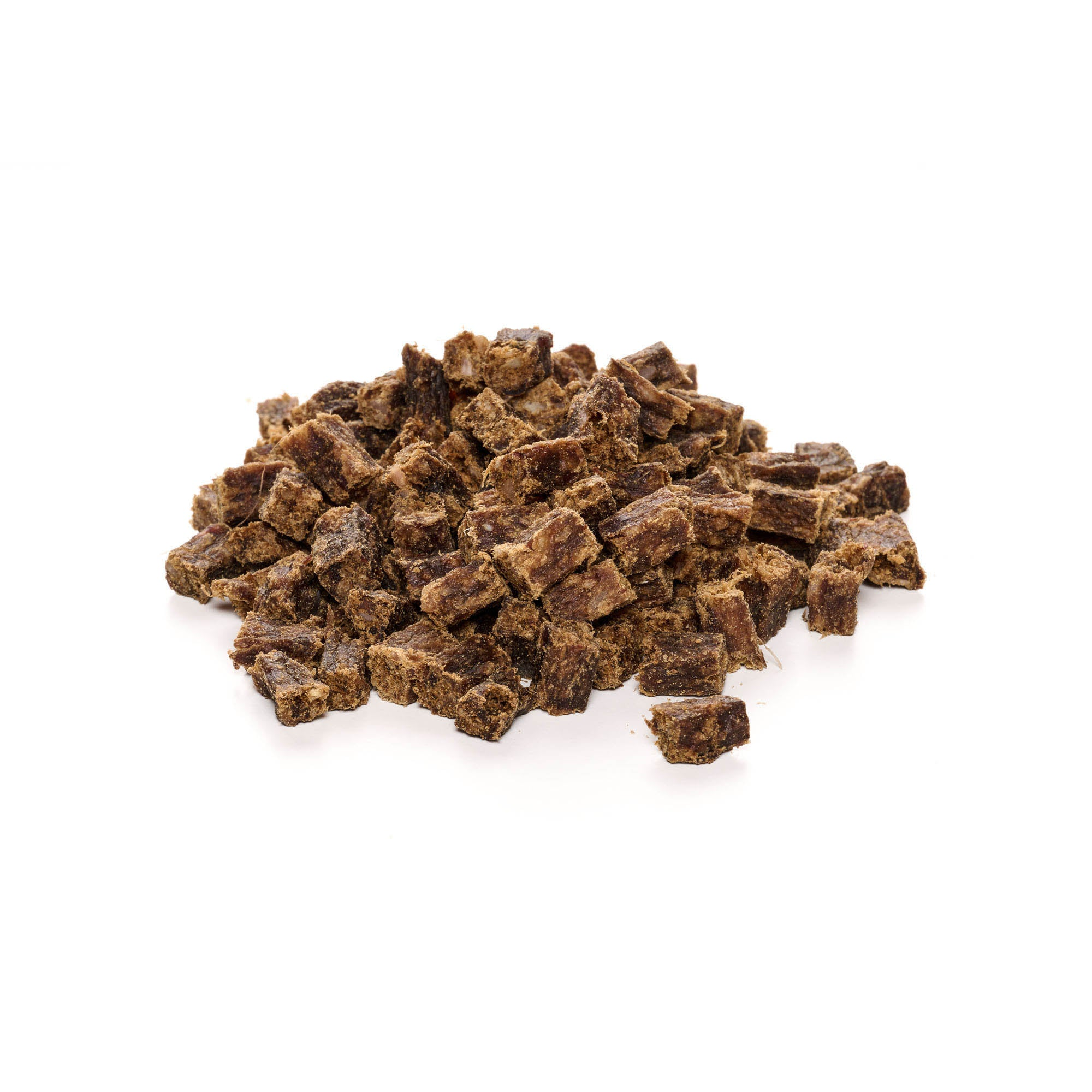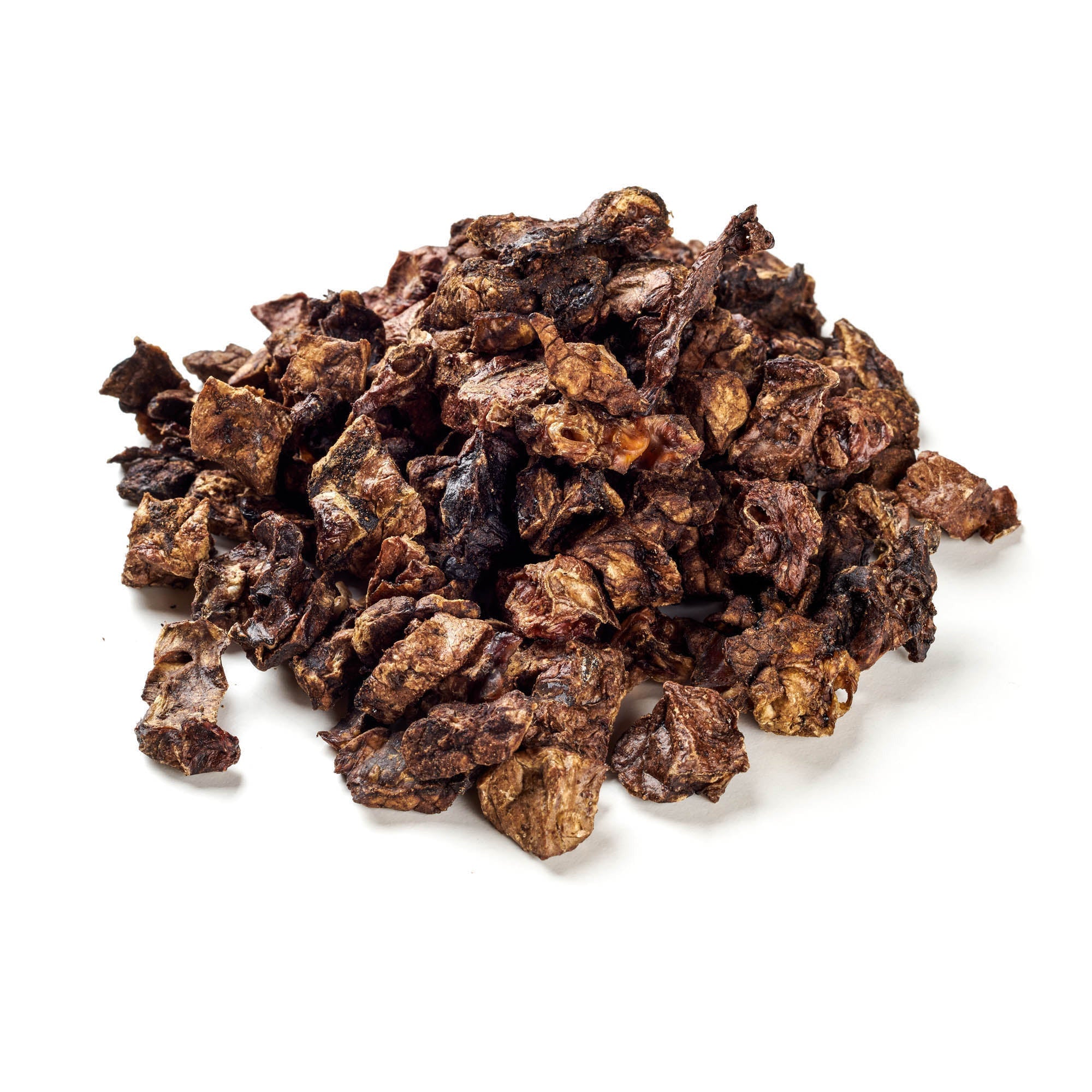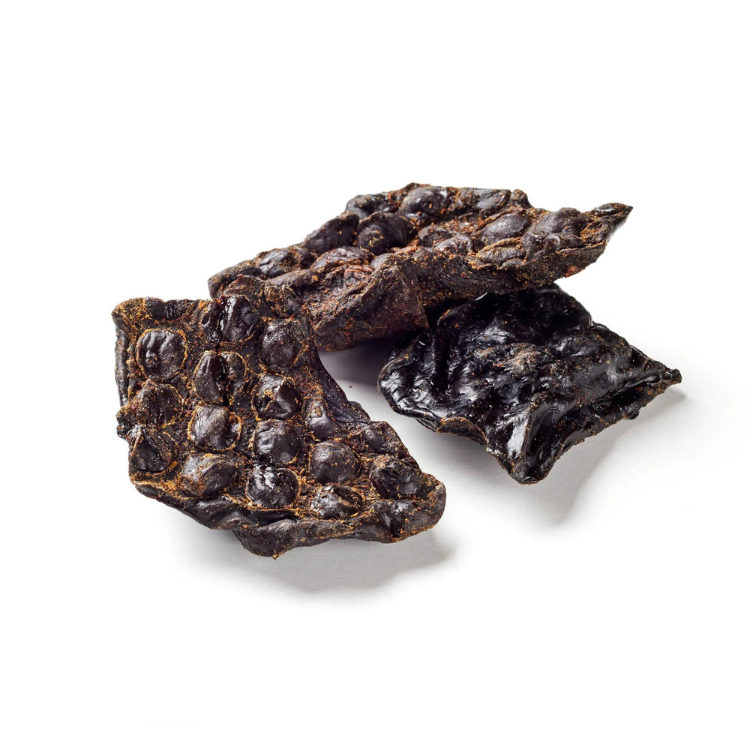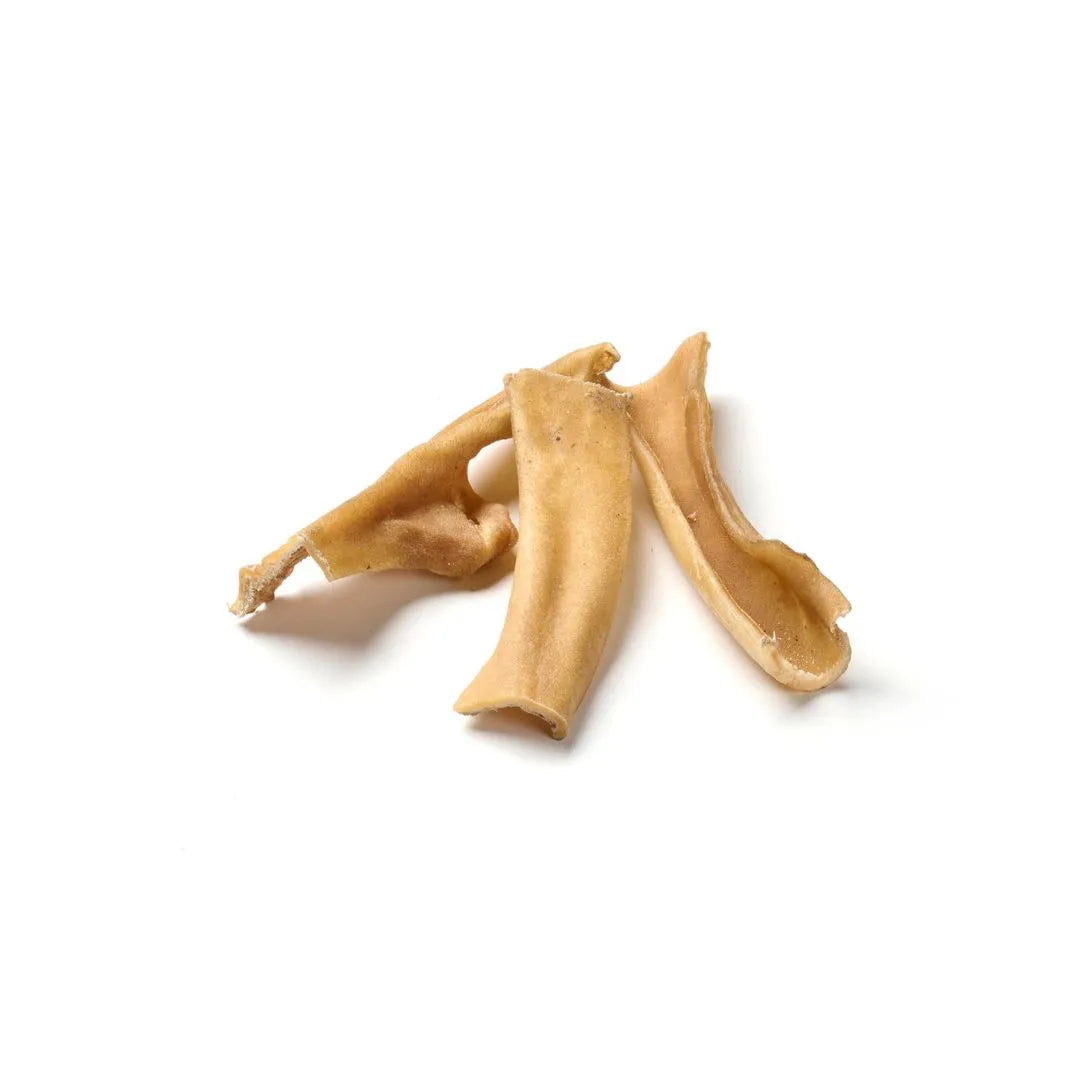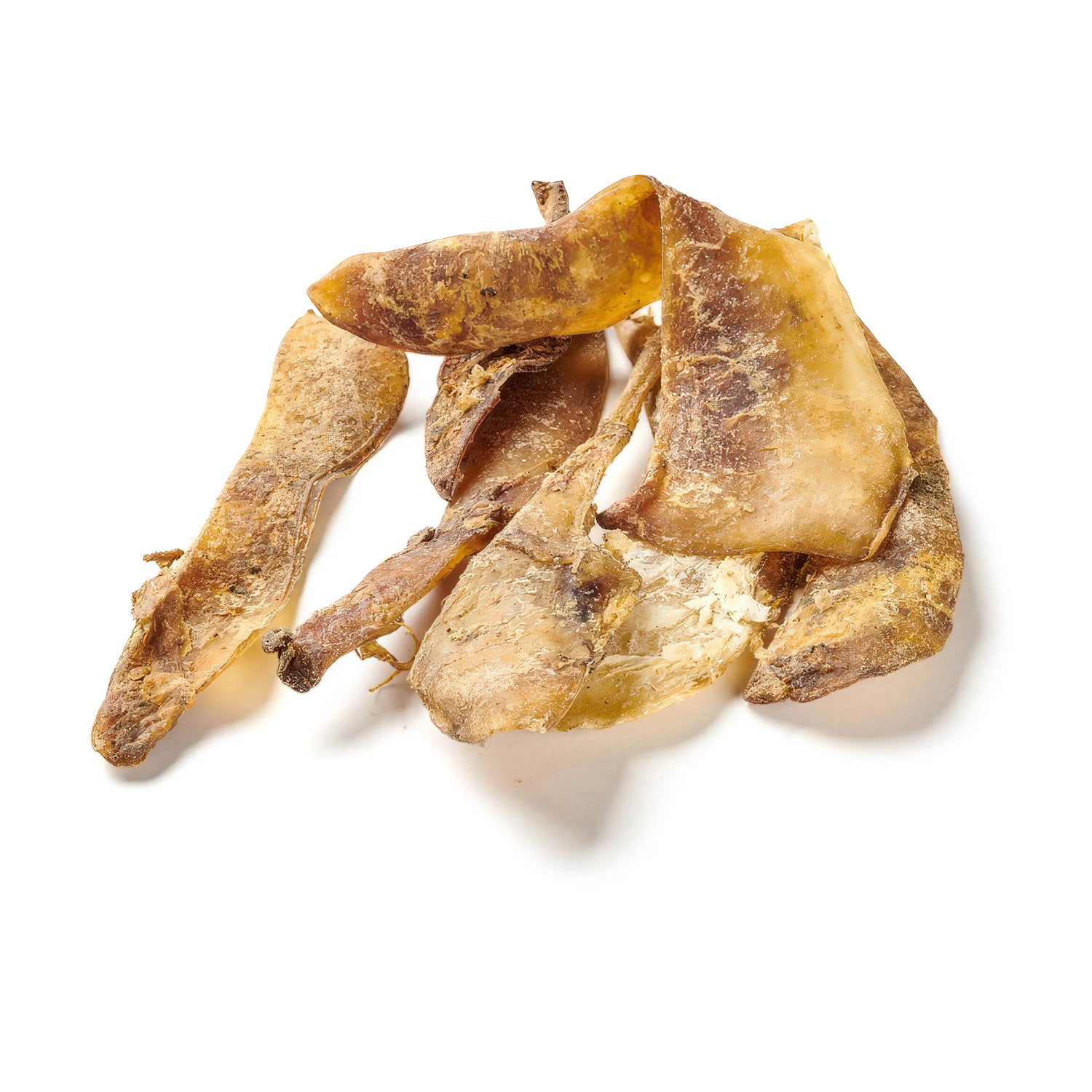
Food for old dogs
Share
The nutrition of older dogs requires special attention as their needs change with age. It is important to understand how metabolism and energy requirements change over time and what adjustments to make in feeding and handling older dogs are appropriate, including considering specially formulated foods for older dogs.
Content: Food for old dogs
- When is my dog old?
- How can I tell that my dog is getting older?
- Old dogs have lower energy requirements due to aging processes
- Proper nutrition for old dogs
- The best food for old dogs
When is my dog old?
As soon as dogs reach the last third of their life, they are considered seniors. Just like with humans, the aging process is very individual for dogs. While some dogs are still healthy and active even in old age, other animals show the first signs of aging earlier. It is important to understand the needs of older dogs and adapt them accordingly, whether in terms of nutrition, vet visits or exercise.
How can I tell that my dog is getting older?
Physical characteristics:
- Weak digestion
- Weight gain
- Grey muzzle and no shiny coat
- Rigid joints
Delicious dog snacks for pure enjoyment are available from us!
Behavioral changes
- Sleeps frequently during the day
- Less sociable and easy-going
- No interest in walks and activities
- Can't learn new tricks
As dogs age, this is often accompanied by behavioral changes. Older dogs require more rest and sleep, are less active, and may be more likely to suffer from health problems such as dental problems, kidney disease, dementia, incontinence, osteoarthritis, increased thirst, and other ailments.
High-quality dog chews for your faithful companion can be found here!
Dog owners should take the age of their pet into account and adjust their daily routine and diet accordingly.
Old dogs have lower energy requirements due to aging processes.
The nutritional needs of senior dogs differ from those of young dogs. This results from changes in metabolism and a slower digestive system over the course of a dog's life. While young dogs have a high energy requirement due to their activity, this requirement decreases continuously as they get older due to less exercise and changes in the organism.
Proper nutrition for old dogs
Even if the dog tolerates its food well, it is important to consider a change in diet as it gets older. Physical changes and the decreasing energy requirement also bring with it other requirements for the supply of nutrients. An inappropriate diet can lead to obesity due to food that is too high in energy and fat.
In addition, typical age-related diseases such as dental problems, muscle and joint problems, and kidney and liver diseases can be promoted by an inappropriate diet. To ensure that the dog stays healthy into old age, a balanced diet with special senior dog food is necessary.
This includes the correct composition of the food with all the necessary nutrients as well as the correct portioning of the dog food and the targeted administration of supplementary feed for senior dogs.
The best food for old dogs
Older dogs are not only calmer and less active, but are also subject to the physical aging process. Due to slower digestion in old age, older dogs should be given food that is easily digestible and well tolerated.
Special foods for older dogs often contain less protein and fat to prevent obesity, and more fiber for good digestion. They can also contain special nutrients that support bone and joint health and strengthen the immune system.
It is advisable to consult a veterinarian before choosing a special food for older dogs to ensure that the dog's individual needs are taken into account.
In general, the feeding of older dogs should be carefully monitored to ensure that they are getting all the nutrients they need without eating too much or too little.
Conclusion
The diet of older dogs requires special attention and adjustments, as their needs change with age. It is important to understand how metabolism and energy requirements change over time and what measures make sense when feeding and handling older dogs. By recognizing the signs of aging and adjusting the diet accordingly, dog owners can help their older dogs age healthily and happily.
Treat your dog to something special with our chew products!

